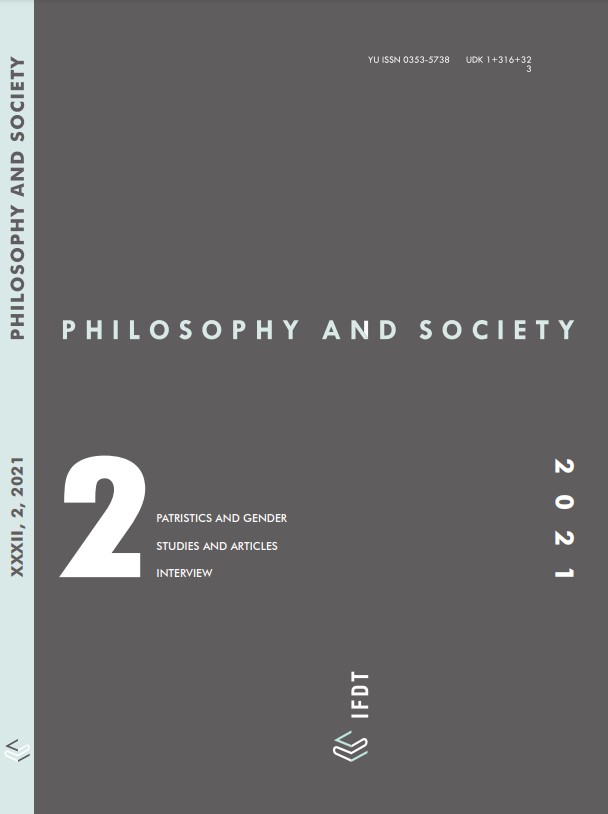Meditatio mortis. Meditating on Death, Philosophy and Gender in Late Antique Hagiography
Meditatio mortis. Meditating on Death, Philosophy and Gender in Late Antique Hagiography
Author(s): Marija Munkholt ChristensenSubject(s): Gender Studies, Ancient Philosphy, History of Religion
Published by: Institut za filozofiju i društvenu teoriju
Keywords: Macrina; Marcella; Syncletica; Socrates; Plato; philosophy; gender; emotions; Gregory of Nyssa; Jerome
Summary/Abstract: According to Socrates, as he is described in Plato’s Phaedo, the definition of a true philosopher is a wise man who is continuously practicing dying and being dead. Already in this life, the philosopher tries to free his soul from the body in order to acquire true knowledge as the soul is progressively becoming detached from the body. Centuries after it was written, Plato’s Phaedo continued to play a role for some early Christian authors, and this article focuses on three instances where Christian women mirror Socrates and/or his definition of philosophy. We find these instances in hagiographical literature from the fourth and fifth centuries at different locations in the Roman Empire – in the Lives of Macrina, Marcella and Syncletica. These texts are all to varying degrees impacted by Platonic philosophy and by the ideal of the male philosopher Socrates. As women mastering philosophy, they widened common cultural expectations for women, revealing how Christian authors in certain contexts ascribed authority to female figures.
Journal: Filozofija i društvo
- Issue Year: 32/2021
- Issue No: 2
- Page Range: 177-193
- Page Count: 17
- Language: English

